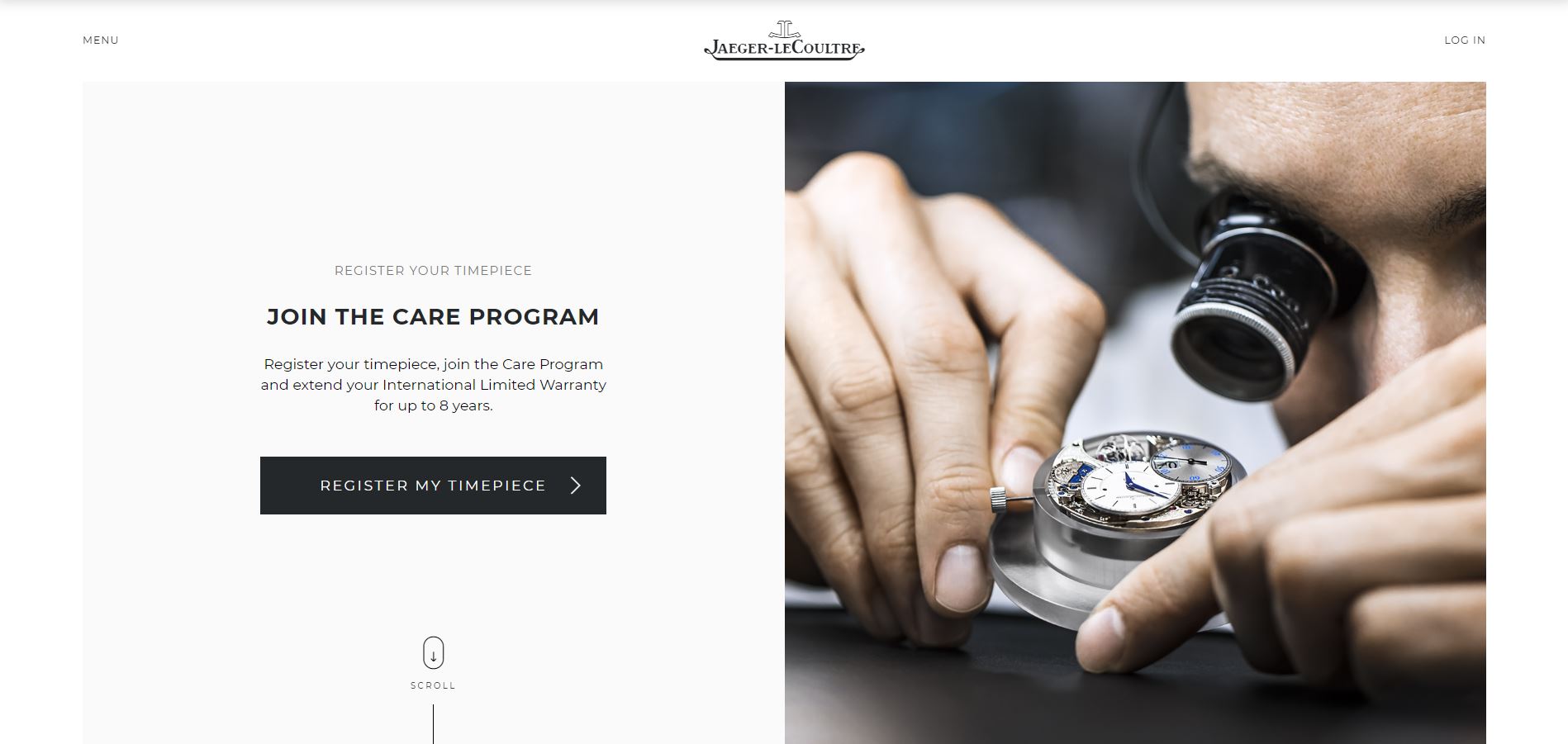
If the direct-to-consumer strategy succeeds (it will for some brands), then my hope is that brands successful in this area reinvest extra profits back into marketing. At a minimum, brands should be spending 20% of their profits back into marketing. These days, only a scant number of brands are spending at least that. Compare that to Rolex, which almost certainly spends far more than 20% of its profits (my guess would be in the vicinity of 40%) back into marketing. Ironically, a brand like Rolex, which might gain the most out of a direct-to-consumer strategy, is doing the exact opposite by re-affirming that third-party authorized Rolex retailers are where they want you to purchase any and all Rolex products and services. What makes Rolex distinct from many of the group-owned brands is that they don’t have a parent entity seeking to siphon off profits, and so the brand is less concerned about the bottom line and more concerned about sustainable business practices over the long haul.
Even though Jaeger-LeCoultre does not spell out its full intentions when launching the Care Program and extended warranty service, it does make specific mention of its “client-centric” focus for the initiative. Aside from a generous warranty period, Jaeger-LeCoultre only hints at what consumers might be entitled to gain by registering their products with the online care program. Surely you’ll be able to reach a salesperson from the brand, but it remains to be seen how much incentive the brand will offer in exchange for a direct line to the consumer.
It is also interesting to consider how third-party retailers who carry Jaeger-LeCoultre, and other brands like it who employ direct-to-consumer sales, will react. The move is certainly hostile to third-party retailers because it threatens to remove future sales from them. Even if a consumer initially buys a Jaeger-LeCoultre watch from a third-party retailer, the point of registering for the Jaeger-LeCoultre Care Program is that your next sale might occur directly with the brand and not from the retailers you initially did business with. Retailers will be wise to this and could do everything from not mention the extended warranty program to offering their own alternatives to compete with those offered by the brand. Such a likely result will further fracture some of the delicate relationships many luxury watch brands have today with third-party retailers whom they have traditionally relied upon.

Employing a direct-to-consumer strategy for any existing brand involves both disrupting existing relationships and the responsibility to foster new ones. In both of these areas, I find that many traditional luxury watchmakers are weak. To succeed, they will need to offset the lack of support of traditional third-party retailers with the new potentially increased value of working directly with their consumers. They will need to be expert diplomats, as well as have the agility to create digital content and respond to consumer requests with a speed and consistency that will likely require further financial and human resource investments.
Jaeger-LeCoultre says its new Care Program is supported the brand’s “global multi-channel network,” implying that there might be some agreement to ease concerns with traditional third-party authorized dealers who worry about losing their relationships with clients. It is entirely up to Jaeger-LeCoultre to decide how and when to include its network of authorized dealers into sales promotions — meaning that, even if they could capture an entire customer relationship, it doesn’t necessarily mean they will. Based upon my above discussion, it is entirely likely that, even though a brand like Jaeger-LeCoultre can own a relationship with a consumer, it isn’t necessarily in their best interest (or current ability) to manage or maintain that relationship. Such a status quo could very well mean that Richemont Group brands (and other) will demand a shift in power when it comes to owning the customer relationship, but they will also understand that, practically speaking, authorized dealers are still in the best position to manage those customer relationships.
Anyone who has recently purchased or plans to purchase a Jaeger-LeCoultre watch in the future should know about the Jaeger-LeCoultre Care Program with its promise of an eight-year extended product warranty for wristwatches and clocks. Look out for similar programs from other Richemont Group watch brands soon. Learn more at the Jaeger-LeCoultre website here.

